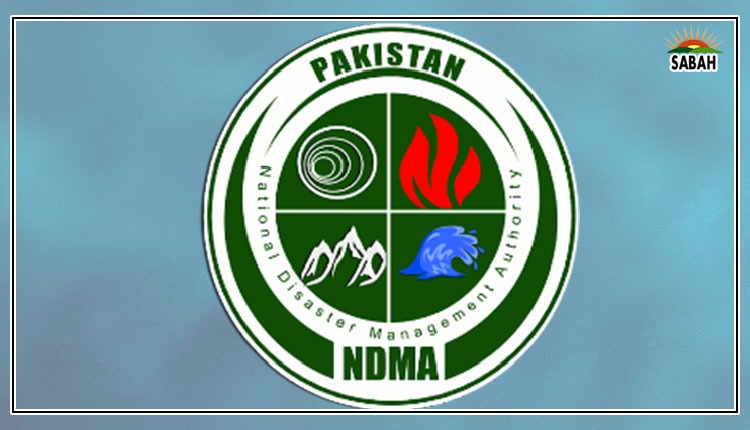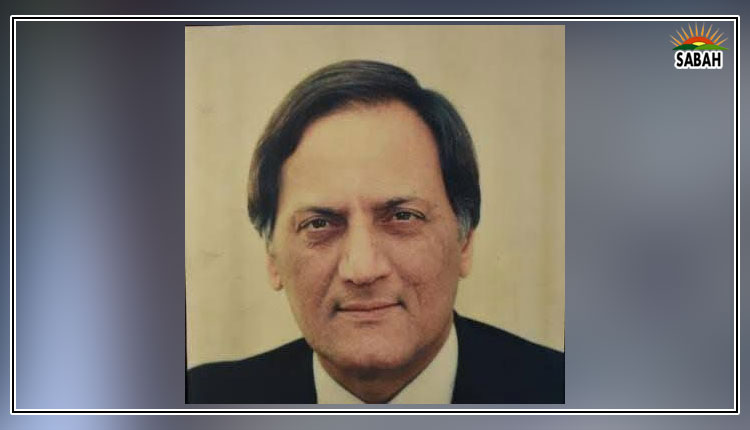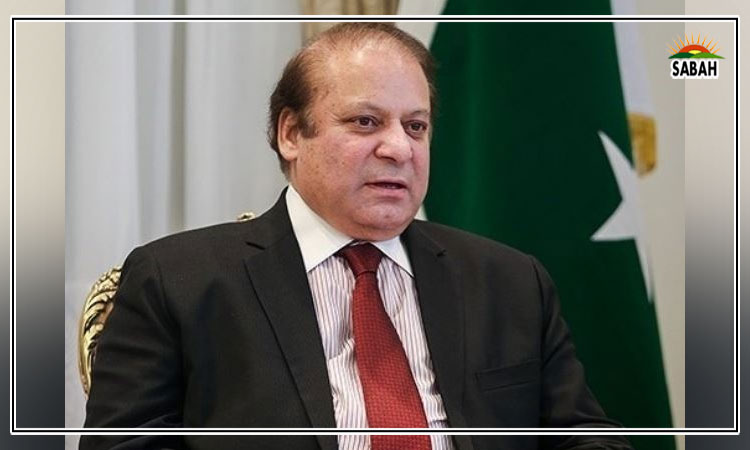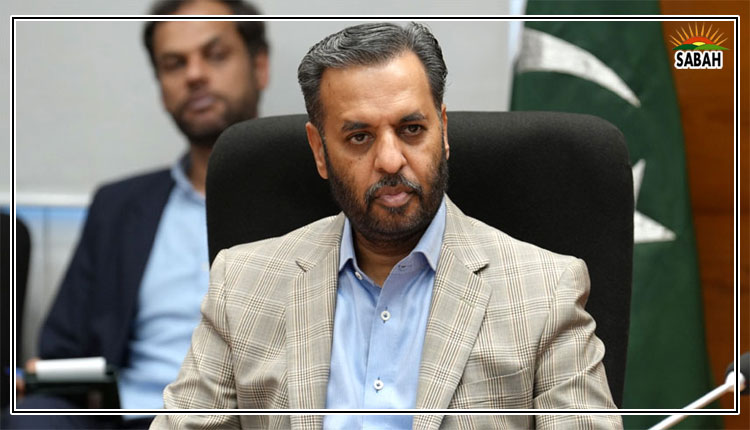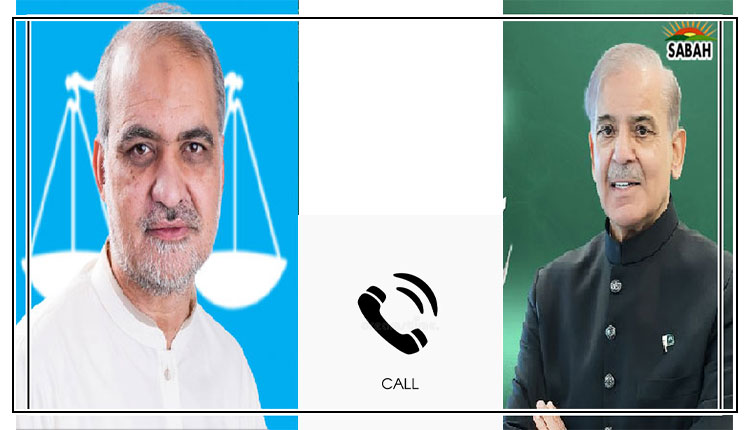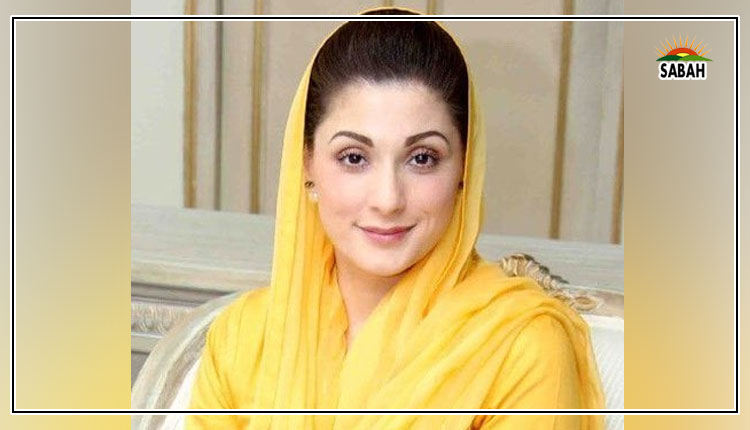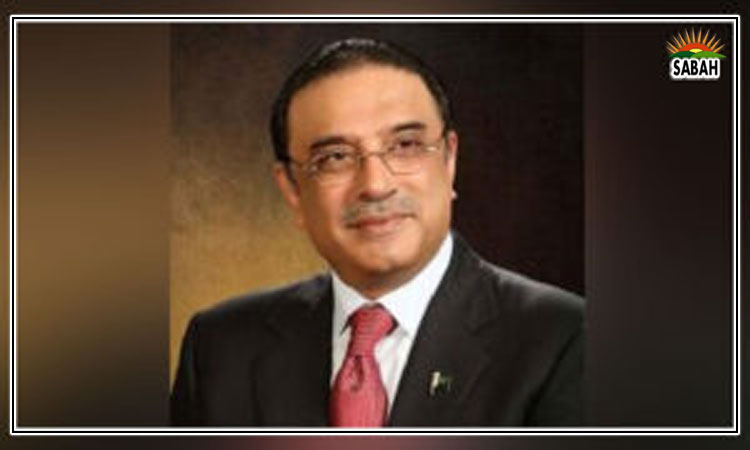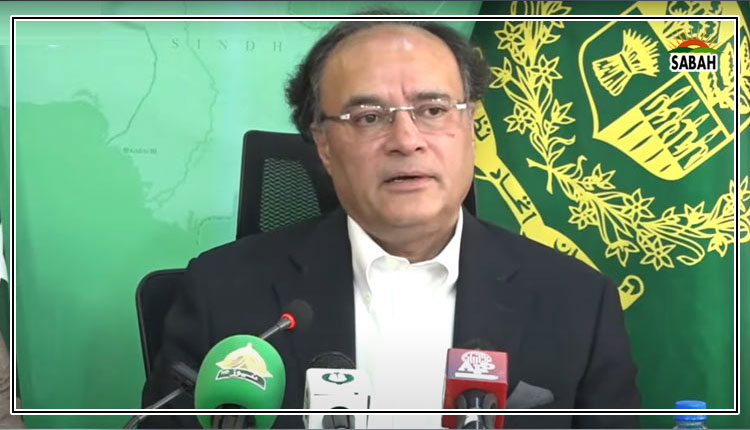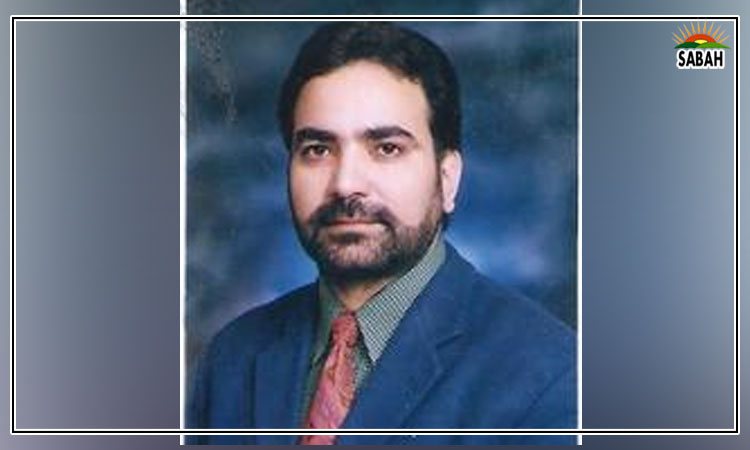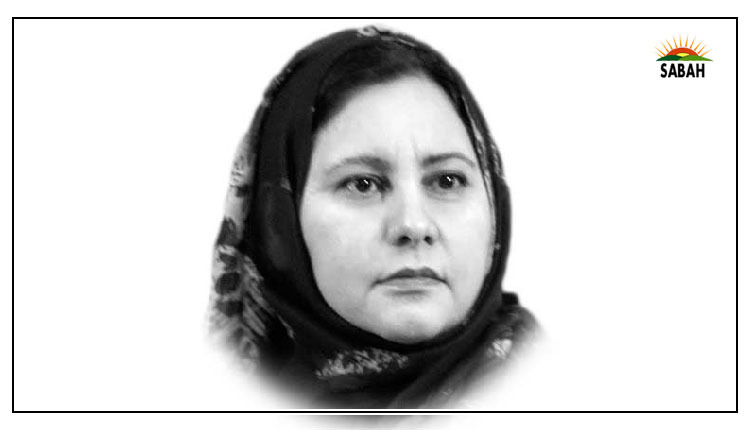Democracy — the sacred cow…Aneela Shahzad
Almost 400 years before Christ, Plato likened the state to a ship and asked if the captain who is trained and experienced in ship-gearing and navigation should make all the decisions, or was it wise to make decisions on navigation by way of equal votes of the sailors, cooks, cleaners and the weight-bearers? Especially when the ship is whirled in a sea-storm, is there time to take the vote of the quarreling seamen who have been flattered into thinking that they, being equal humans, must have equal knowledge on seafaring? Going a step further, Plato pointed out that the only people fit to be captain of the states ship are philosopher kings, benevolent men with absolute power who have knowledge of the idea of good.
If the Greeks, who are claimed to have introduced the idea of democracy to humanity, could think right from the onset that democracy was a failed idea, why is it politically incorrect for us to think that now? Why is democracy our sacred cow? Thinking that democracy is the best choice compared to any kind of dictatorship, kingship or theocracy is a legit thinking on account of democracys beautiful definition of a governance for the people, by the people, but the electoral process that has forcibly been tied to the idea of democracy has evolved it into a completely new game, and has nothing but invited chaos into the political landscape of states and societies. Perhaps what needs to be understood is another parallel idea that of power!
Power is a social construct it is hierarchical, it is authoritative, it craves for influence and control. The question is: why do we accept hierarchy in all working, successful systems, but when it comes to the larger political canvas of society, we dread hierarchy? The truth about human societies is that they are inherently hierarchical something that is not only reflected in the family system, but it is the layout in all organisations, corporates and institutions where there is a board of directors, the CEO, chief executives, vice presidents, directors, managers and lower-level employees. And we are happy to be a part of a corporate, and we are happy to be subservient to the cause and profits of the company. A university cannot work without a dean and his team of subordinates. The police department cannot function without the IGP and the hierarchy below him going down to the SHOs. How then can the institution of the state run without hierarchy; with a bunch of democratically elected equals who will supposedly head ministries; with a lot that is supposedly going to make law when it is not even abecedarian in the subject of law.
One should be clear that the moment the idea of of the people, by the people, for the people was coupled with the idea of anyone can be an electable and everyone can vote, hierarchy was forsaken for anarchy! So, we do dread being thrown back into kingship or dictatorship, but we must open our minds to the fact that in the present formation, democracy is full of fault and is eating up on us. We must devise safety nets that can prevent a democracy from falling into anarchy, because if left to be as it is, it will inevitably bear anarchy. What is needed a system of a just, welfare state, and everybody knows what justice and welfare are, we dont need to vote on that! The rules and norms of each institution can be defined and written down, once and for all, and the only changes that will come in them can come only from within, through people who have spent their lives working in those institutions. What we need from the public is a system of governance a bunch of nominated people who will keep a check on the working of all these institutions who keep them from straying away from their expected working.
But surely we do not need a bunch of elected people who, once elected, take an overarching powerposition that allows them to play with the working, the rules, and the mandates of all institutions. One should understand the difference in the power to stop institutions from erring, and the power to force institutions to err. That is where the line needs to be drawn, between the role of a monitor, and the role of an unruly dictator; between the power to balance, smoothen and integrate institutions on one hand, and ruthless, unhinged, anarchic, absolute power on the other. So, the need is to open our minds to the fact that electoral democracy is not an evangelic recipe; it is a human-suggested idea, it has its flaws and loopholes. It can only be used with a lot of refinements, a lot of curtailing, a lot of redefining as to who can be an electable, and what power s/he will have if elected. It must be understood that if the electable are to be taken equally from all strata of the society then moral uprightness is the sole, universal criteria that has to be essentially fulfilled by them and there should be an institutionalised system to scrutinise them on this factor.
And as for the electoral process, the possibility of intimidation, bribing and rigging needs to be eliminated from it. There needs to be no place for cheap sloganeering and luring the public with false promises and highfalutin; there needs to be place only for modesty and fearfulness of the great responsibility the electable are seeking. The electoral process needs to be not a race for acquiring perks, privileges and power, rather it should be a peoples quest for finding the philosopher kings, the benevolent men who know the idea of good. It needs to be dealt with as a learned, sacred, guided process, not as an unguided, confused, rigged, mob-driven venture. Lest we forget, 400 years after Pluto, in the Roman province of Judaea (Israel), the fifth prefect Pontius Pilate, following the custom of releasing one prisoner at Passover, offers the people to vote if Jesus, the Prophet, should be released or Barabbas, identified by Matthew as a notorious prisoner and by Mark as a murderer.
The gospels narrates that the crowd demanded the release of Barabbas and said of Jesus, Crucify him!. In Matthew, Pilate responds, Why? What evil has he done? The crowd continued shouting, Crucify him!, Crucify him! Identify in this story where lies evil, avarice and the hubris of power, and where lies piety, sanity and the larger good for humanity and how democracy can so easily kill that good
Courtesy Express Tribune


